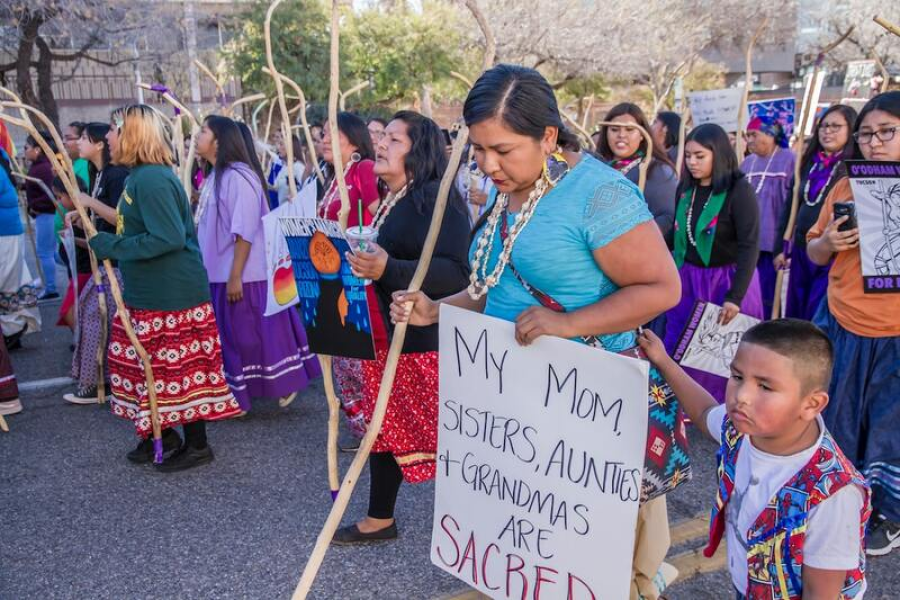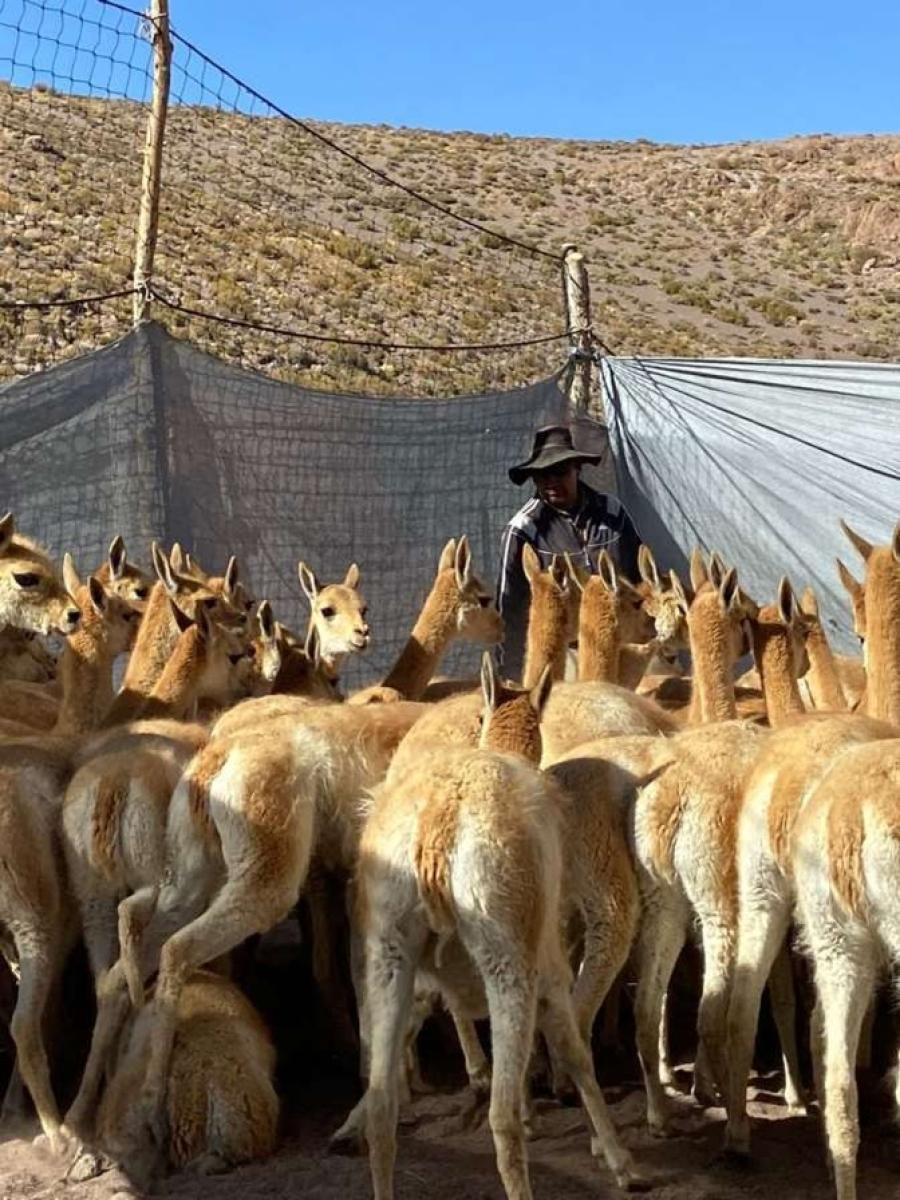In An Agenda for Peace, issued in June, 1992, Secretary-General Boutros Boutros-Ghali describes one of the fundamental challenges facing the United Nations with these words:
The sovereignty, territorial integrity and independence of States within the established international system, and the principle of self-determination for peoples, both of great value and importance, must not be permitted to work against each other in the period ahead.
As the wars currently raging in Bosnia and Chechnya so tragically attest, the conflict between the right of nations to self-determination and the right of states to defend the inviolability of their borders is rarely resolved in a non-violent manner. While the peaceful dissolution of Czechoslovakia stands as an important exception, the current situation in other parts of Eastern Europe and the Balkans offers little cause for optimism. Ethnic, cleansing, racial violence, forced assimilation, and the violation of minority rights are all too common phenomena in this part of the world, where intense nationalism has long been a dominant feature of the political landscape.
The goal of nationalist movements everywhere is to create territorially bounded political units (states) out of homogenous cultural communities (nations). The existence of ethnic minorities within the borders of nation-states is often denied. Even if the existence of a minority is acknowledged, its members may not be granted full rights as citizens of the state because they are not members of the nation with which the state is identified. Because being a member of the nation is more important in many respects than being a citizen of the state, the governments of many Eastern European and Balkan countries often seem more concerned with the rights of members of their own nation who are citizens of other states than a with the rights of citizens of their own state who are members of other nations. The Greek government, for example, actively defends the rights of the Greek minority in Albania, while at the same time denying the rights of the Macedonian minority in Greece.
One possible solution to the conflict between the principles of state sovereignty and national self-determination involves maintaining a sharp distinction between demands on the part of minority groups for human rights, on the one hand, and more extreme nationalist demands-irredentist or autonomist demands-for the creation of separate states, on the other. One would hope that by meeting the former demands while rejecting the latter, governments could successfully resolve this difficult conflict. Unfortunately, however, this is often not the case. There are many situations where increased cultural autonomy has not only failed to extinguish the flames of more extreme nationalist movements, but has actually fanned them instead. In such cases demands for minority rights may be regarded both by the state, and even by members of the minority group itself, as a first step toward the creation of an independent state.
Organizations devoted to the protection of the human rights of ethnic and national minorities, such as Cultural Survival, have a crucial role to play in helping members of these minorities find effective ways to bring pressure to bear on political leaders of their countries. These leaders must somehow be persuaded to stop appealing to popular nationalist sentiments in an effort to promote the narrow, short-term interests of their own political parties. They must be convinced, instead, to promote the values of democracy and pluralism and in this way insure the long-term well-being of all citizens of the state, regardless of their ethnic or national identity.
Finally, the most difficult challenge facing everyone committed to the cause of minority rights is to contribute to the construction of broader, more all-inclusive forms of identity. If, for example, it had been possible to realize the Yugoslav ideas of "brotherhood and unity" in a democratic context, then Serbs, Croats, and Muslims might still also share a common Yugoslav identity, and the bloodshed and the ethnic cleansing we have witnessed over the past few years might never have taken place.
Article copyright Cultural Survival, Inc.


